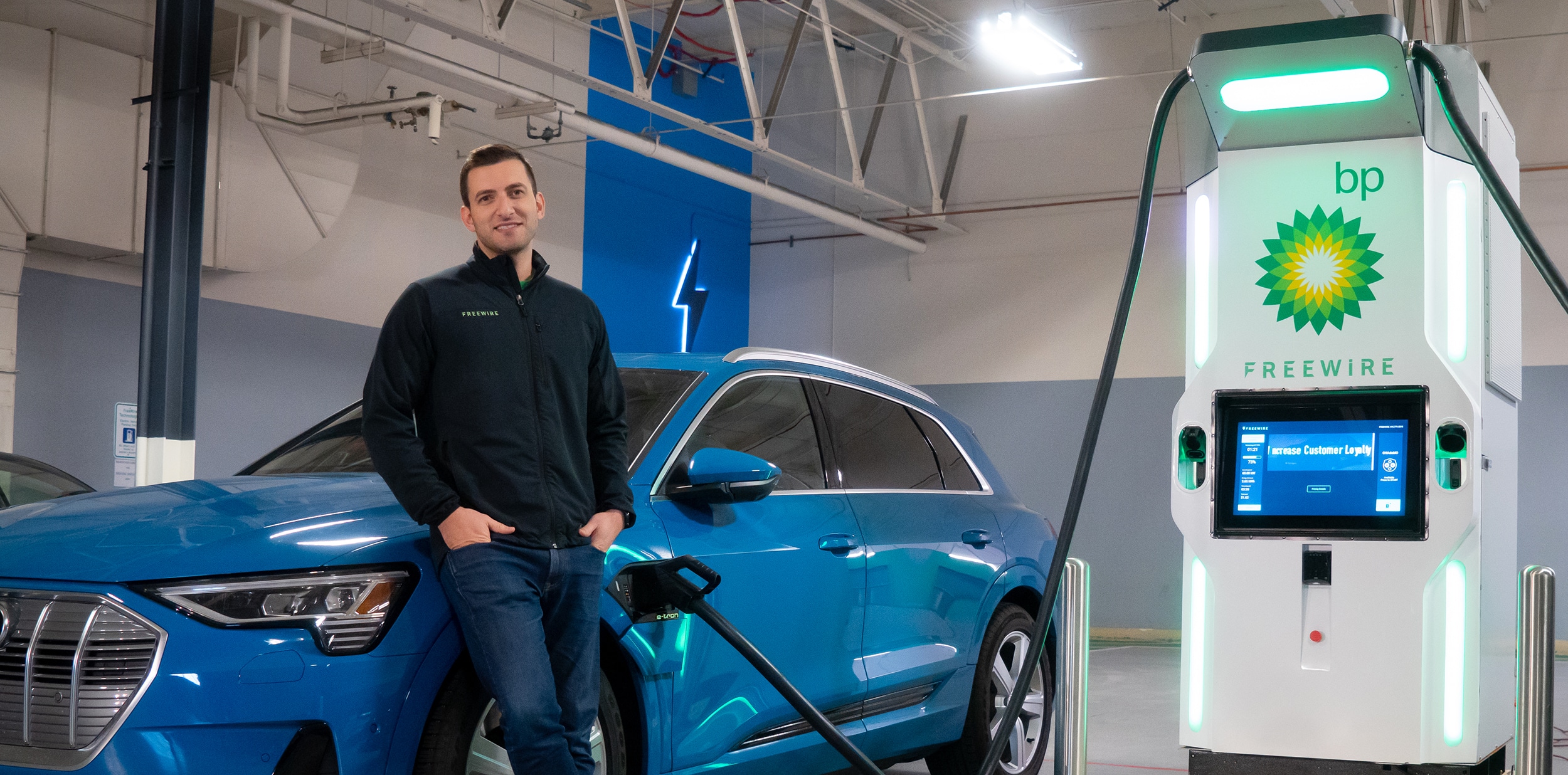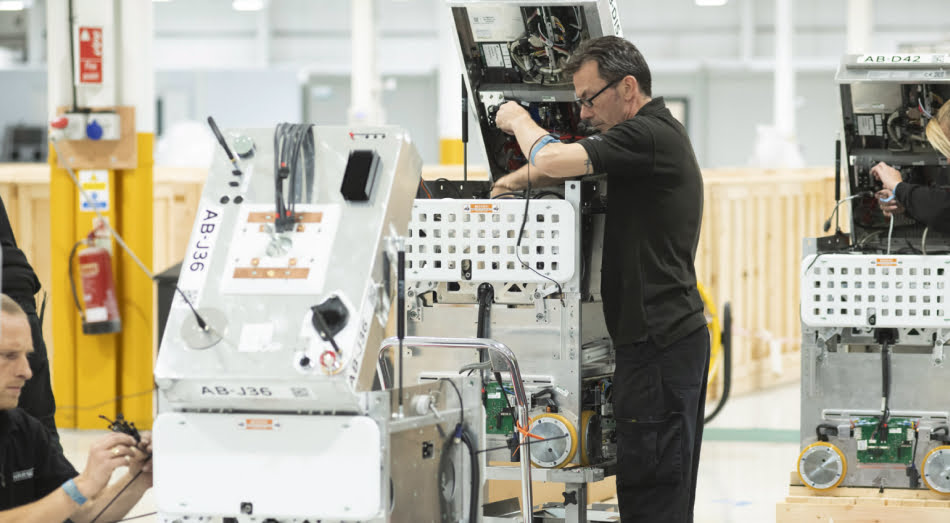
Developing an EV charging infrastructure – problems and opportunities
As the push for electric vehicles (EVs) continues to grow, the need for a comprehensive charging infrastructure rises. In response to growing demand, the UK's public-access charging network grew by approximately 30 percent last year, reaching a total of 37,000 charging points by the end of 2022, according to a study by Zap Map. Meanwhile BP has promised to invest £1 billion in UK EV charging infrastructure over the next decade.
Limited EV Charging Infrastructure
But despite these advances, more than half of EV owners said their nearest public charging point was more than a 20-minute walk away. And one in five people said they no longer use public charging points as they were put off by the lack of availability, according to a Which? study. Meanwhile, two in five people said the top reason they aren’t considering buying an electric car was the lack of charging points.
It’s clear that implementing EV charging on a large scale still presents real challenges. One of the biggest challenges is the need for significant investment. Building out a network of charging stations and installing charging equipment can be costly, especially in areas where the demand for EVs is not yet high. Additionally, many charging stations require upgrades or replacements over time, adding to the overall cost of maintaining the infrastructure.
Lack of EV Charging Options
Another challenge is the limited availability of charging options in certain areas. In rural or remote locations, it can be difficult to install charging stations due to a lack of access to the electrical grid or other necessary infrastructure. Providers also face infrastructure issues involved in installing underground electrical systems, from vandalism to preventing the ingress of dirt and sediment.
This can make it difficult for EV owners in more rural areas to recharge their vehicles, leading to range anxiety and potentially hindering the adoption of EVs.
Job Opportunities Building an EV Charging Infrastructure
Despite these challenges, implementing public EV charging infrastructure on a large scale is vital. A quarter of households in the UK don’t have access to a drive or off-street parking at home. Building a future-fit charging network also presents the UK with numerous opportunities. One of the biggest benefits is the potential for job creation. The installation and maintenance of charging points requires a variety of skilled labour, from electricians to station operators. Additionally, the growth of the EV industry has the potential to lead to the development of new technologies and services, creating further job opportunities.
An EV Charging Infrastructure Can Help Local Economies
Additionally, implementing EV charging infrastructure can also benefit local economies. Charging points can act as a destination for EV owners, providing a place for them to recharge and potentially spend money at nearby businesses. This can help support local economic development and also increase tourism.
The Importance of an EV Charging Infrastructure and Net Zero
Another huge opportunity is the potential for reduced carbon emissions. EVs produce zero tailpipe emissions, making them a key component in the UK’s journey towards Net Zero. And as countries decarbonise electricity generation to meet their climate targets, the carbon cost of EVs will fall further. As more people switch to EVs, adequate charging infrastructure can play a crucial role in reducing overall emissions.
Playing Our Part in Delivering an EV Charging Infrastructure
At Tharsus, we are fully invested in realising the future potential of EVs. Our work with firms that provide on-street charging points is enabling them to design energy storage systems that can meet the rising demand. For developers of on-street infrastructure and charge stations, this means they can potentially scale up and commit to orders from customers without needing to set up their own manufacturing facilities.
At Tharsus, we support companies to scale to meet the growing demand for their products in a way that is flexible and agile. We have experience bringing products into the market when demand is unknown. And with EV charging, our focus is to support companies to scale their product to meet rising demand. This is the reason why Tharsus is unique because we enable companies to not only bring their new product to market but to flex their output to meet market demand.
The Road to a More Sustainable and Efficient Transport System
Overall, implementing and scaling EV charging infrastructure presents challenges and opportunities for all businesses in this rapidly growing sector. Meeting the demand for more charge points requires careful planning and coordination. But, with the right solutions, the challenges can be overcome, and we will begin to reap the benefits of a more sustainable and efficient transportation system. At Tharsus, we believe in the promise of electric vehicles and are playing our part to deliver the infrastructure necessary for them to succeed. With the support of our dedicated team of experts, businesses can engage with the opportunities of the EV market and build the charging infrastructure that will take us towards a greener future.



